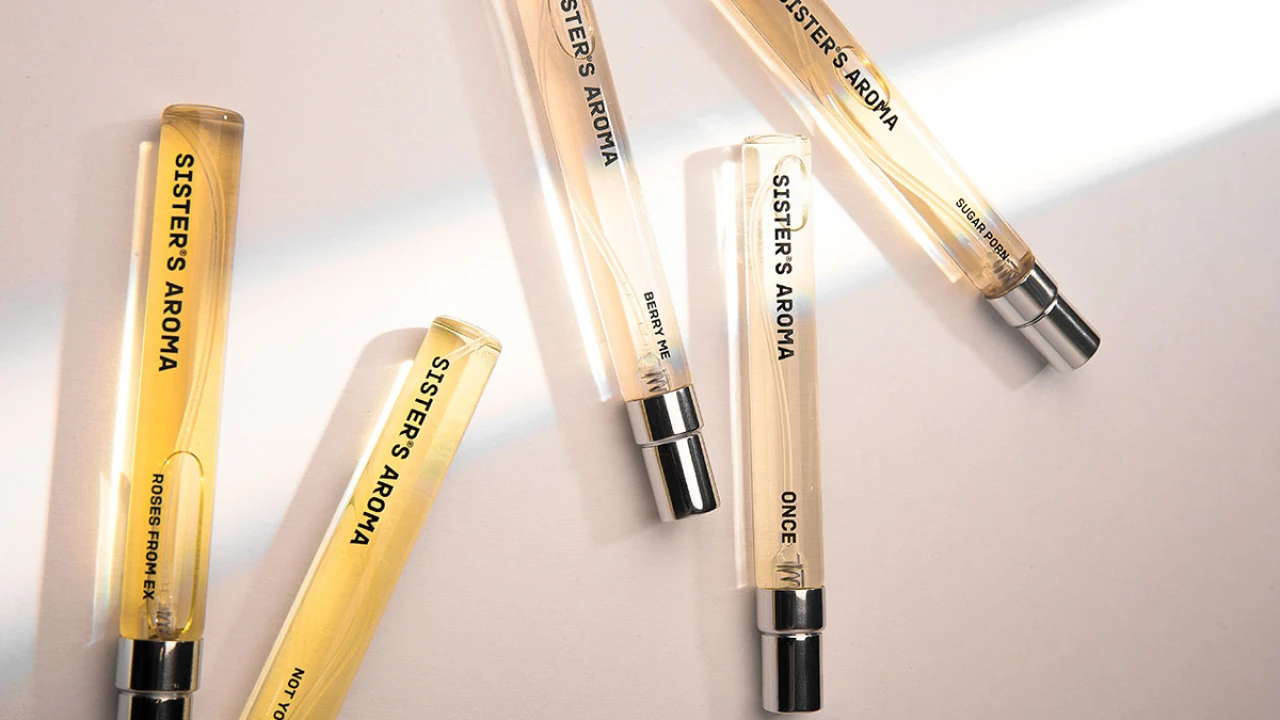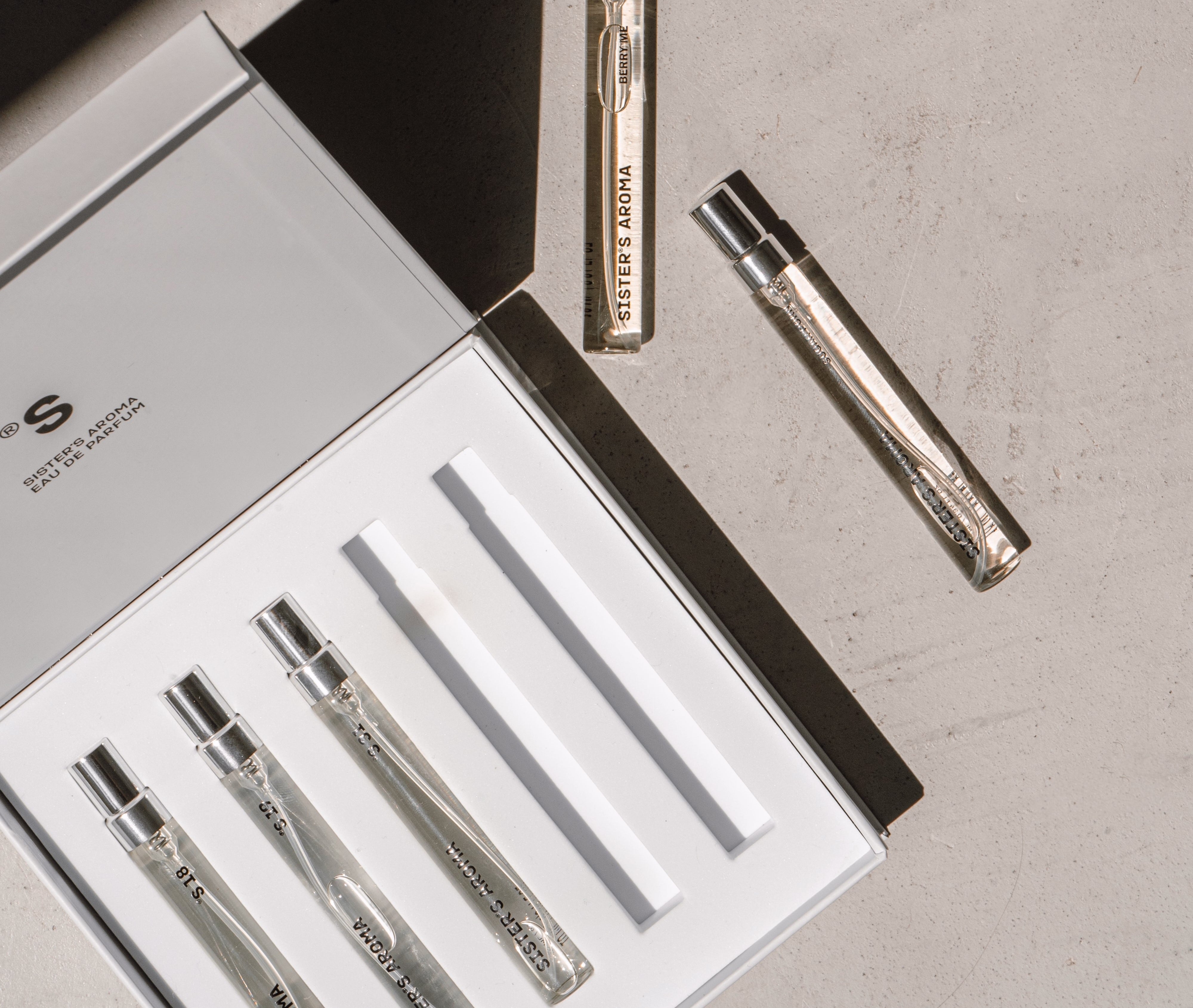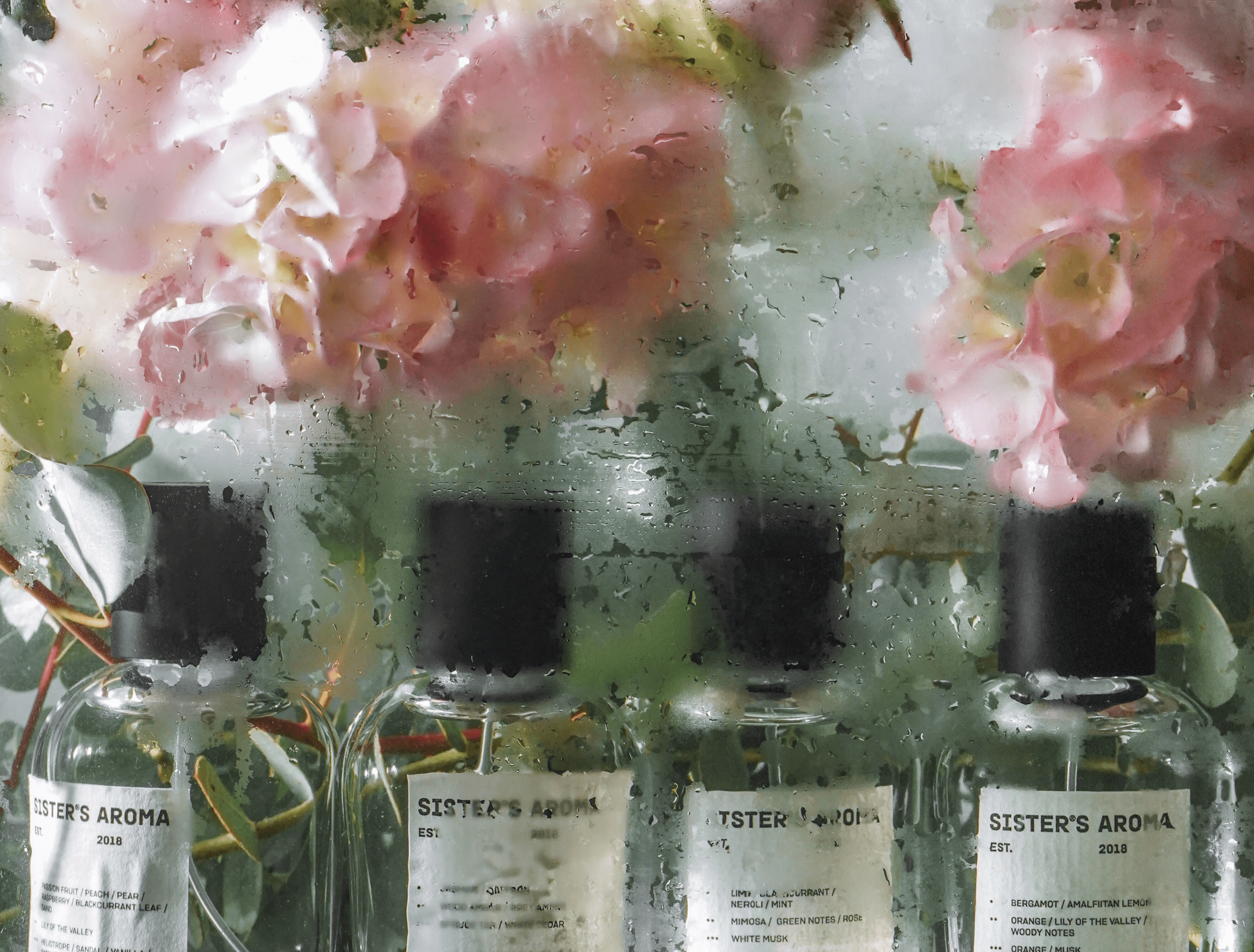What are notes in perfumery? Analysis of perfumes by notes

The scent of the perfume changes and sounds different immediately after application, after half an hour and after a few hours. This is due to the complex structure, which includes many aromatic components – notes. And the whole composition is built in the form of a pyramid, in which there are three levels:
- top notes;
- heart notes or middle notes;
- Base notes, also called "trail".
Perfumers use aromatic oils with different "volatility" indicators. Light oils evaporate faster from the surface of the skin, and the smell disappears. Heavy molecules stay for a long time. Therefore, the nose feels some notes only at the beginning of acquaintance with the bouquet. And others emerge a few hours later.
Let's take a closer look at what notes are in perfumery and how a complex aromatic symphony created by talented perfumers sounds.
What are notes in perfumes?
The scents from which a perfume bouquet is created are called notes. Each note conveys one special scent. Put together, they become perfumes that act as an aromatic accessory. It is important that the transition from one smell to another occurs gradually. To make it easier to navigate through perfume compositions, all fragrances are divided into several groups. Let's dive in their descriptions:
- The floral group is the scents of garden and wildflowers. Usually, the floral notes of perfume fragrances are placed in the "heart". This means that their sound in perfumes is the longest and most pronounced. Floral notes are often surrounded by fruity and green accents. The fragrances of this group symbolize femininity.
- Fruity notes give sweetness, astringency, juiciness, and freshness to the perfume composition. Perfumery uses notes of garden, wild and exotic fruits. Perfumers like to enclose them in the "heart" of compositions. Fruit perfume is appreciated by both women and men for the fact that it boosts mood and tones up.
- Woody notes are the scents of bark and resin, fresh sandalwood, pine, cedar. They endow the composition with warm forest motifs. As a rule, they are enclosed in the "heart" of the aromatic symphony. Woody notes smooth out excessive sweetness and provide the perfume with versatility. Wood perfumes are worn by people who want to emphasize the nobility and elegance of the image.
- Citrus notes are often used at the beginning of a composition. They provide the bouquet with fresh bitterness and vitality. To do this, perfumers use the scents of mandarin, lime, orange, lemon, grapefruit. A combination of citrus notes with floral and woody nuances is considered magnificent. Citrus perfumes are most likely chosen by active people. It is great to use such a perfume in the summer, as they give freshness.
- Spicy notes in perfumes combine the scents of spices. One may feel the sharpness, sweetness, and bitterness in them. They are used in heart and base notes. Spicy perfumes are chosen by independent and self-confident people.
- Musk and amber are some of the most expensive perfume ingredients. They are used to combine all the ingredients of the bouquet into a single composition. Their place in perfume is the trail of an aromatic symphony. These quite specific scents are used to endow a perfume product with sensuality and sexuality.
- Fougère notes are moss and coumarin. They give the perfume an intoxicating herbal sound. Previously, fougère accords were used exclusively in men's perfumes to give it brutal shades. Today, they are often used in women's perfumes. Fougère notes give women's perfumes sensuality.
This is far from a complete classification of notes. There are also powdery, gourmet, sea fragrances and others. Only a few varieties are listed to make it easier for you to navigate the world of perfumery. To create a fragrance with character, perfumers must combine components into a complex bouquet. This is how a unique perfume symphony is obtained. And it's easy for customers to determine what a fragrance will sound like if they know what ingredients are used to create it.
What are the top notes of a perfume?
The top notes of the perfume are the opening ones. Light volatile components are picked up by our nose from the first moment of acquaintance with the perfume. But they stay on the skin for no more than 15-25 minutes. They are the brightest in the bouquet, they perform the main task – to create the mood of the perfume. By the top notes, the consumer gets an impression of the perfume product.

The sparkling freshness of citrus fruits attracts perfumers. Therefore, the smell of mandarin, grapefruit, and lime are on the top list of opening notes. They provide the perfume with a light, fresh character. Another common option for top notes is green fragrances. As a reflection of nature's freshness, they help to create a contrast with the sweet floral or fruity heart. The top notes of the sea surround the person with a cool breeze. They go well with woody, chypre and leather heart notes.
What are heart notes of a perfume?

The "heart" notes are next after the top notes of the bouquet. This is the main theme of a perfume. They sound softer, but more sensual. The heart notes in the perfume are fewer volatile components that last up to 3 hours on the skin. Popular heart notes in perfumes are fruity, floral, spicy, woody scents. Thanks to the variety of such fragrances, perfumers can create interesting aromatic combinations.
What are base notes of a perfume?
The base notes of the perfume are the final fragrances of a perfume. For the base, perfumers choose oils with low volatility. They last on the skin up to 24 hours. The main notes of the perfume are revealed gradually. They are deep and calm. Woody, musky, amber notes are often used to form a trail in perfumery.
Frequently Asked Questions
How is a perfume bouquet created?
A perfumer comes up with a new fragrance. Then, using substances with different volatility, he combines them in one bottle. The process can be compared to writing music – bright notes, a rising climax and a smooth fade away of the melody.
Can the same scents be at different levels of the pyramid?
Yes. But they will sound different. For example, vanilla in the top notes will be sweet and bright. And in the train, it will be enveloping.
Why do I feel different notes in the fragrance?
It is normal to smell different notes in perfumery. The sense of smell is a complex sensory organ that helps a person perceive reality. Each of us perceives the world around us in our own way, including smells. Therefore, the same fragrances are felt differently by different people.
How do you know which notes will reveal the scent on the skin?
In the description of the perfume, the notes of the top, heart, and trail are indicated. But one should remember that the composition only indicates what idea the perfumer sought to implement. On the skin of different people, the bouquet can unfold in different ways.

















.png)











